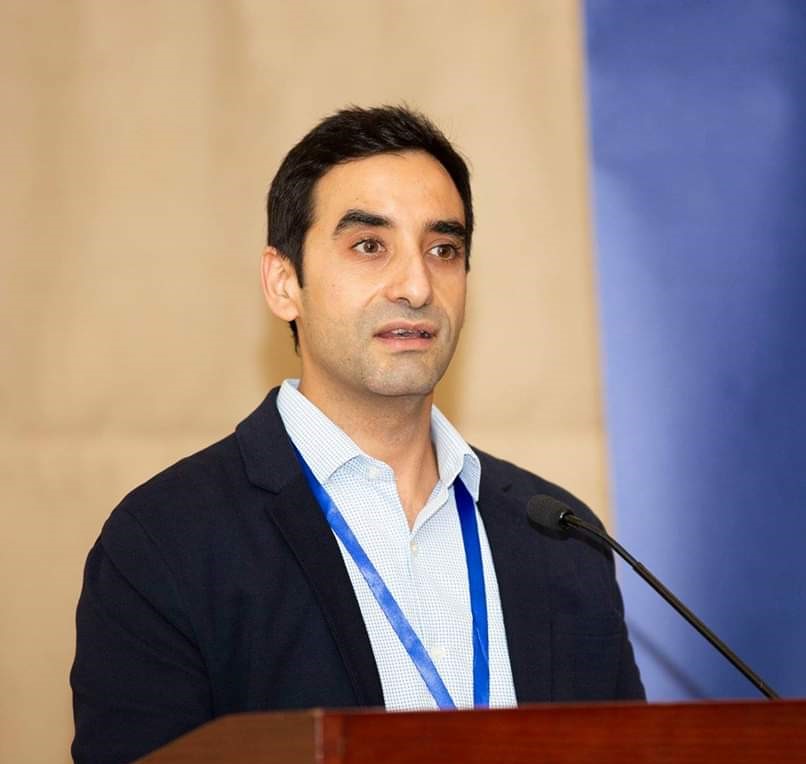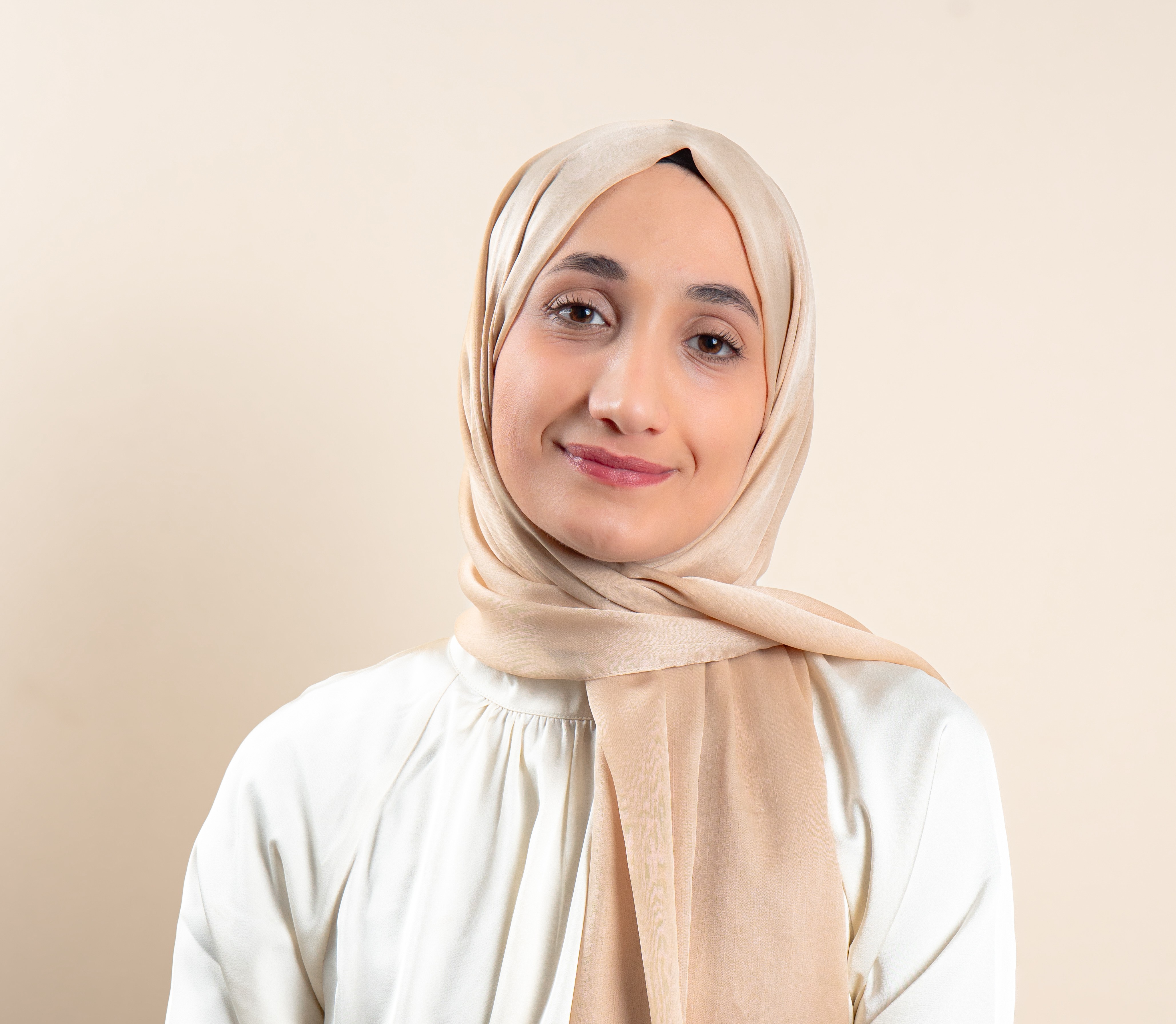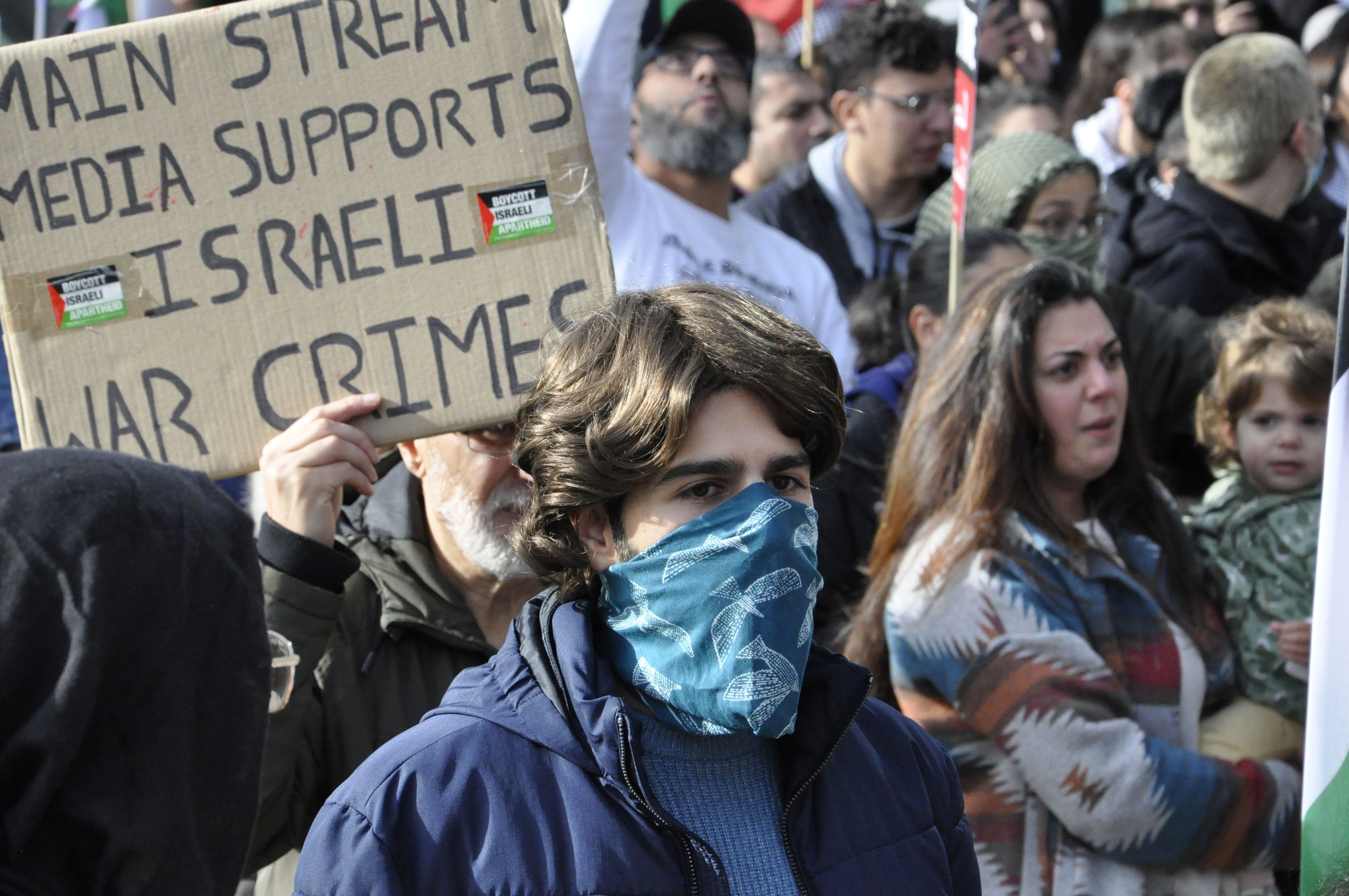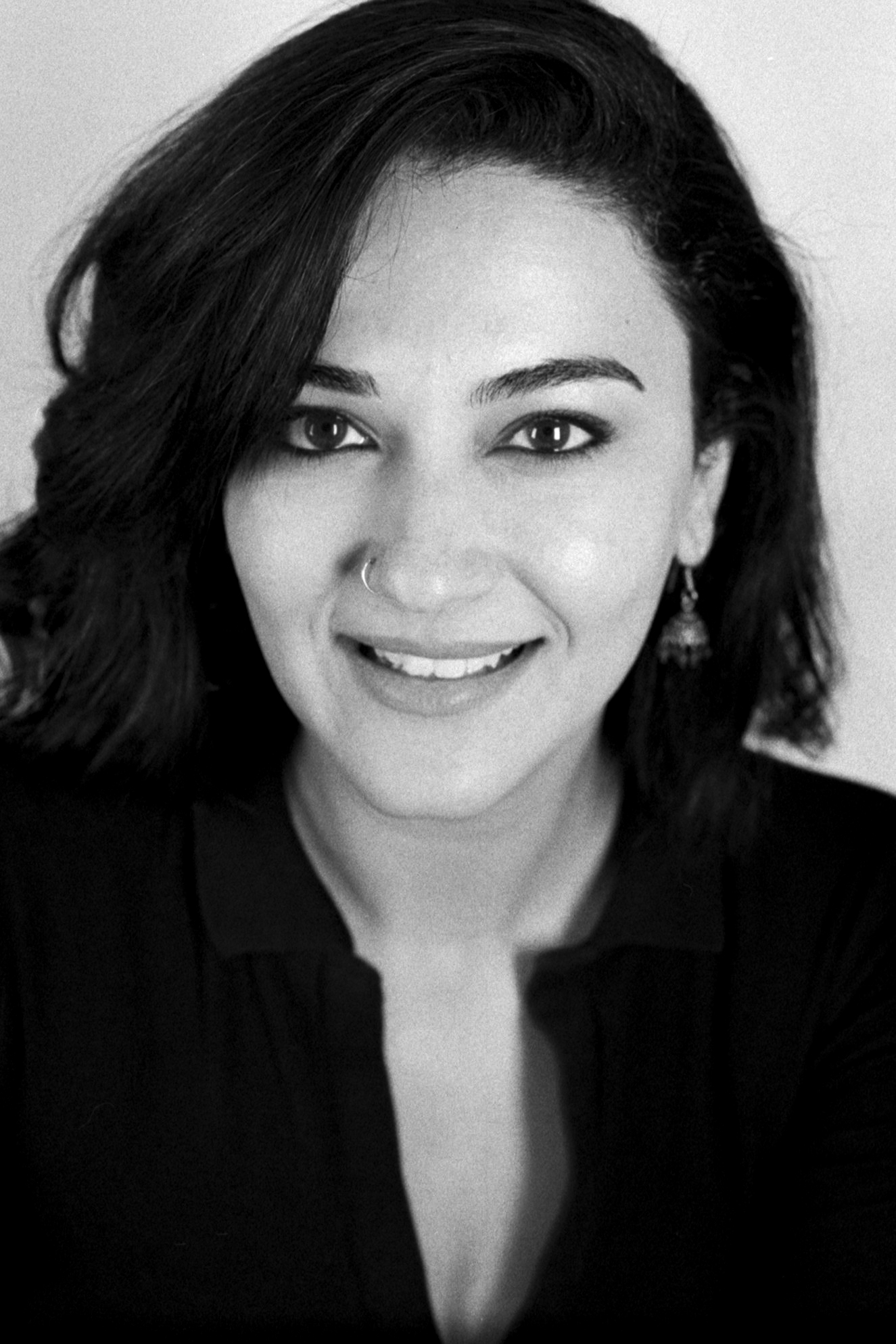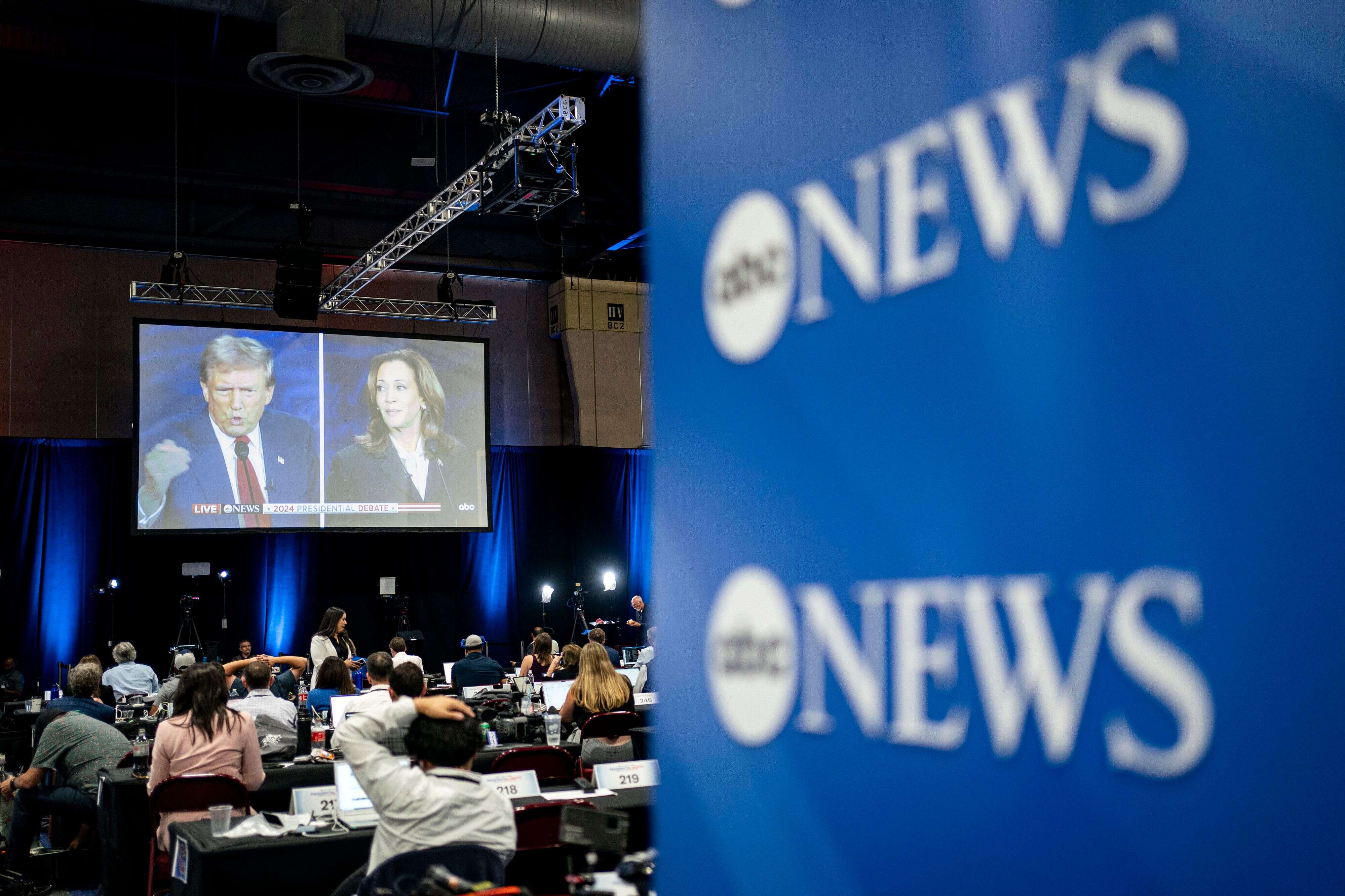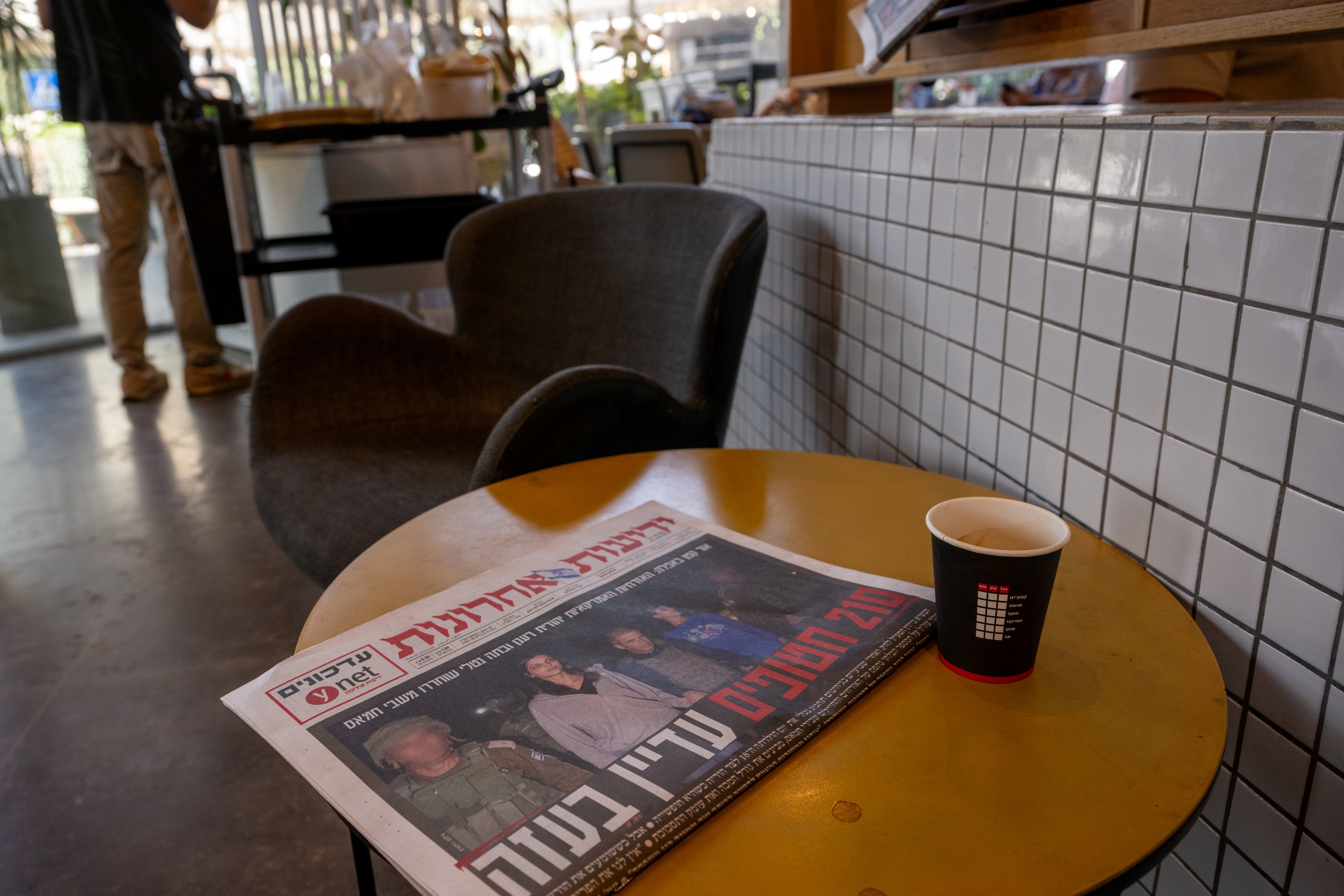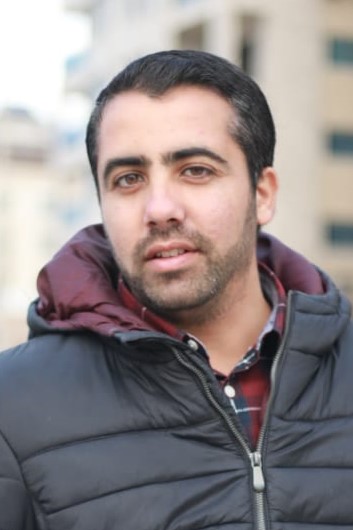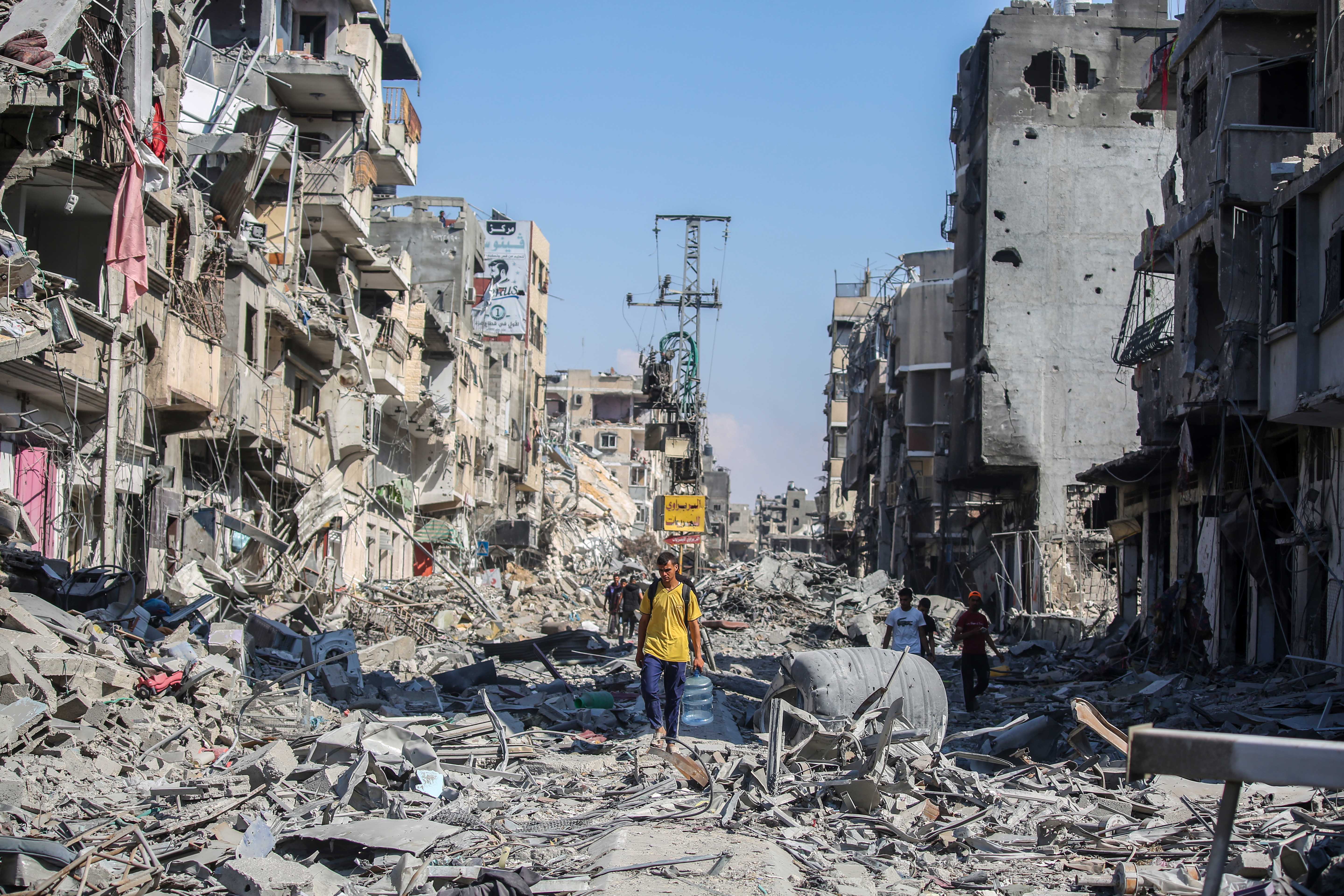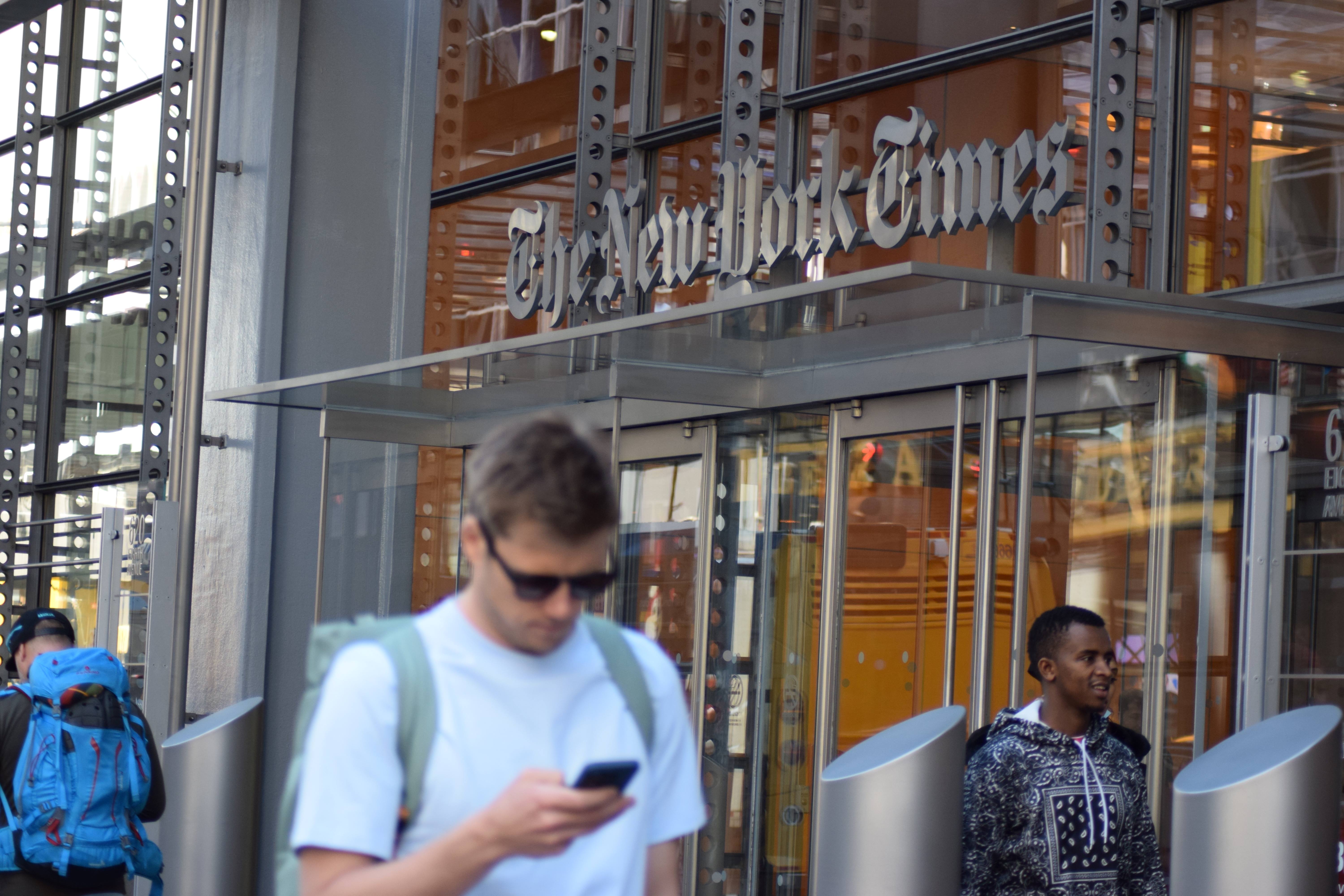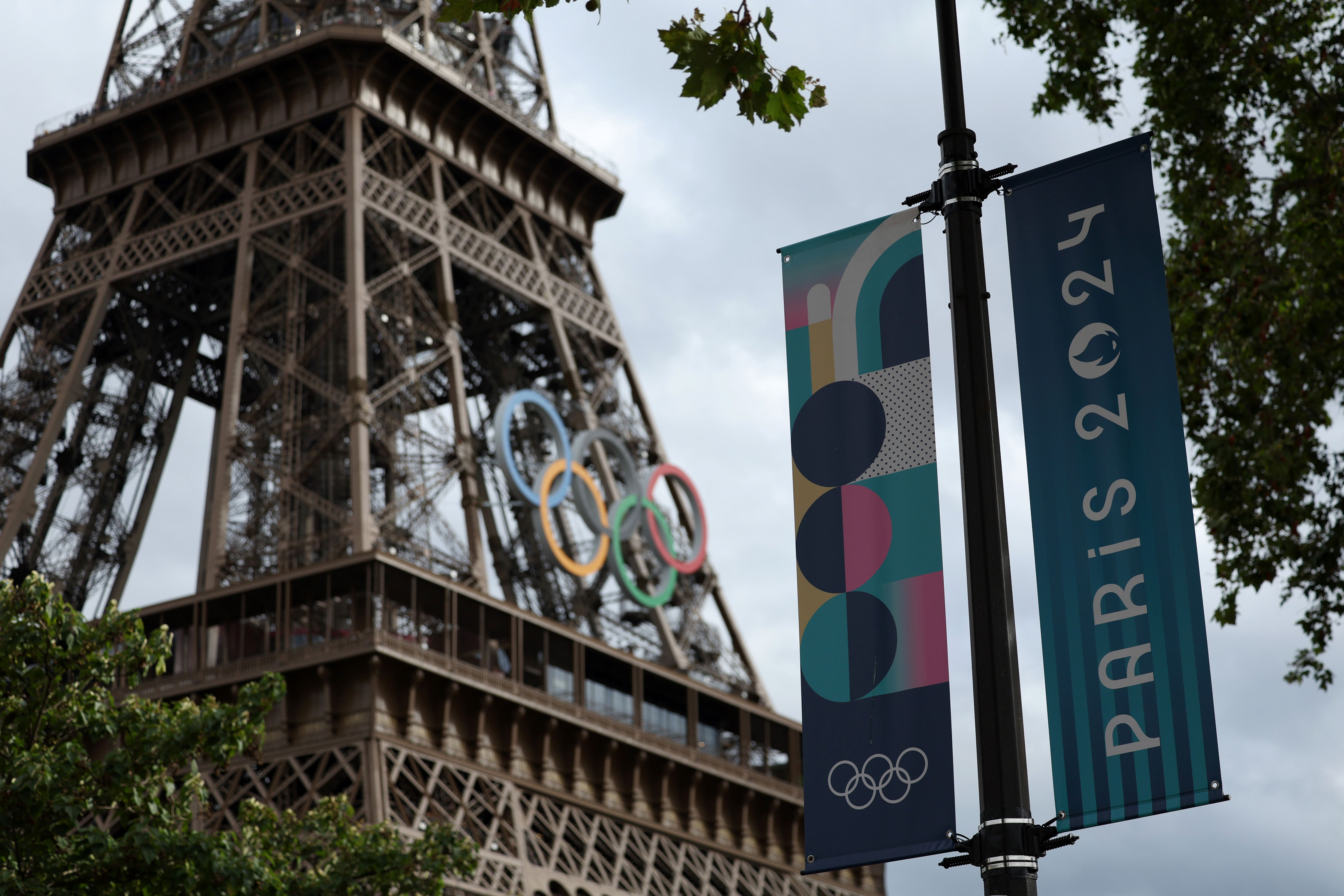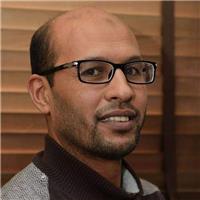“Send the refugees home; their countries are safe now.”
These sentences are just the tip of a veritable iceberg of similar content published in Arab media. The content is unregulated and is released without any accountability, dragging the ethical principles of the press through the dirt in the process. Chief among these ethical violations is lack of adherence to the principle of not doing harm to others.
The issue at hand is how the Arab media depicts the “other.” What is meant by ‘the other are' refugees as defined by Article 1 of the 1951 Convention Relating to the Status of Refugees: Someone who has a “well founded fear of being persecuted for reasons of race, religion, nationality, membership of a particular social group or political opinion, [and who] is outside the country of his nationality and is unable or, owing to such fear, is unwilling to avail himself of the protection of that country.”
How are refugee issues handled by the media of Jordan and Lebanon, the two Arab countries hosting the largest number of Syrian refugees?
The articles that we examined for the purposes of this report clearly reflect anti-refugee hatred. Media outlets have become platforms for exclusionary ideas, ostracizing and dehumanizing refugees in the name of freedom of expression.
Hate speech exists in all societies. It appears clearly in the language used by the officials and footsoldiers of conservative currents, who see the refugee presence among them as an economic burden competing for work, and as a driver of demographic and cultural change. These people pay no attention to the possible harm this might cause to vulnerable refugees who are all tarred with the same brush.
Social media websites have also provided a new platform for extremist voices to broadcast their xenophobic attitudes, as shown by Lebanese foreign minister Gibran Bassil’s infamous tweets targeting Palestinian and Syrian refugees in Lebanon, or the former Jordanian Chief of the Royal Court Riyad Abu Karaki’s Facebook post calling for Syrian refugees to be thrown out of the country. The media’s choice to circulate this sort of language provides a space to recycle this hatred in other forms.
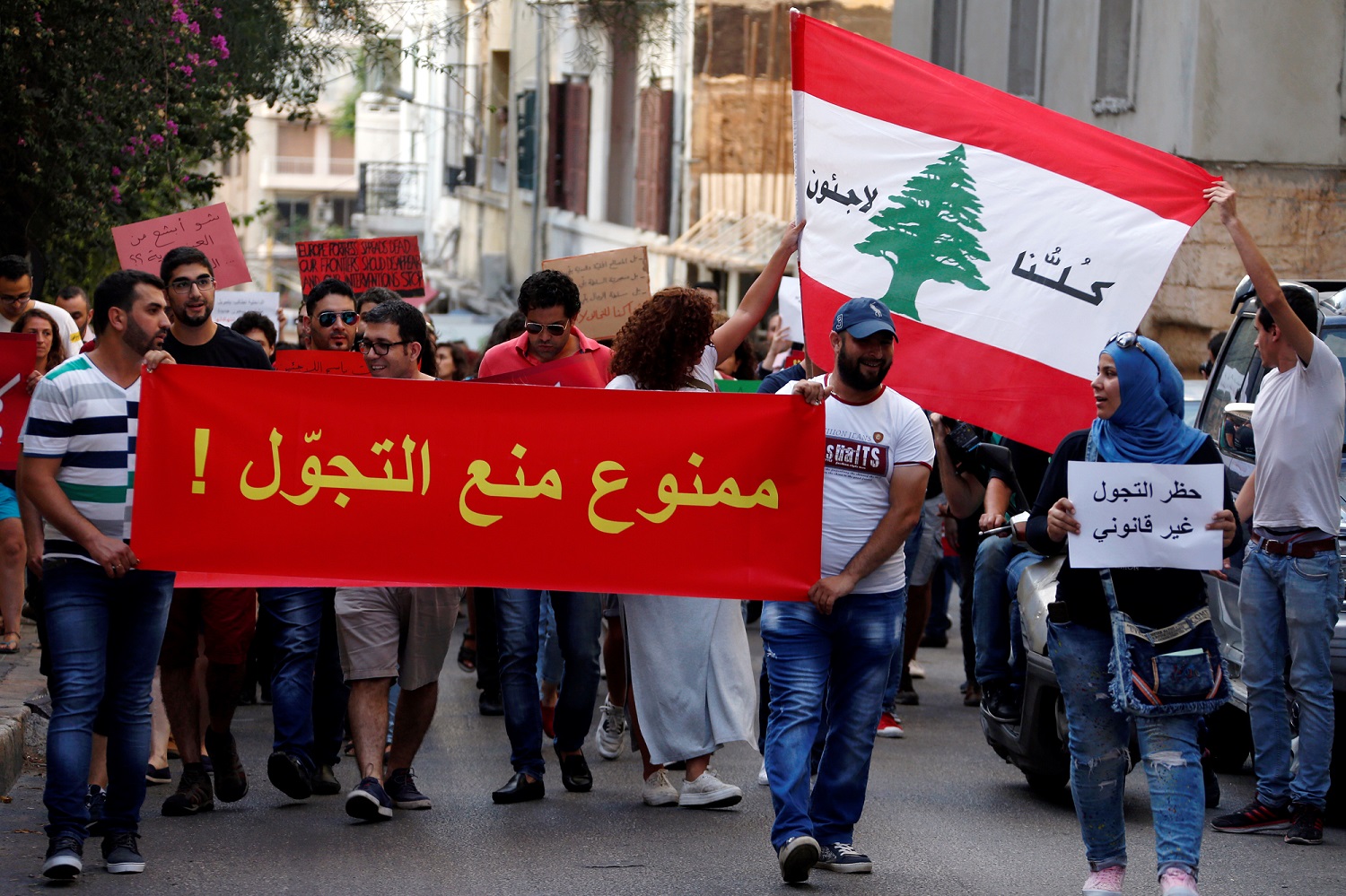
Why refugees?
Refugees ‘overcrowd’ the labour market, according to a report by the Jordanian newspaper Al Ra’i, which accuses refugees of being the main cause of the economic crisis which has wracked the country in recent years (and which predates the war in Syria). This idea appears frequently in news coverage without ever being substantiated with data. All such coverage tries to depict the economic crises of Jordan and Lebanon as having begun only with the beginning of the war in Syria.
“Construction company owners in the Zaatari region—the location of the first Syrian refugee camps in Jordan—now prefer Syrian workers because they will accept lower wages than unemployed citizens. This means a rise in the unemployment rate among Jordanians and control of the labour market by refugees.”
This quote, which comes from an article entitled ‘Refugees in Zaatari compete with locals for services and job opportunities,’ gives no evidence whatsoever for its claims.
Coverage of crimes is even more of a sensitive topic, particularly because it deals with indicators difficult for readers to understand. Readers will inevitably be affected by the analyst’s conclusions, which are assumed to break down the numbers objectively.
In 2014, the Lebanese newspaper An-Nahar published a report on rising crime rates in Lebanon, in which it claimed that ‘indicators and analyses’ showed that the ‘heavy’ Syrian presence in Lebanon was one of the reasons for this rise. Readers were thus led to conclude that ‘Syrians have increased the crime rate in Lebanon’, without any clear or logical link justifying the report’s claims.
Crimes are depicted in full detail in TV coverage. Such coverage provides considerable space for the identity and nationality of the perpetrator, which can prove no less dangerous than the crime itself since oftentimes this leads to incitement against entire nationalities, not just against the individual. In a TV report on OTV, the presenter described a murder as committed by a ‘Syrian-Lebanese’ against an ‘Armenian-Lebanese.’ The question has to be asked: what purpose does mentioning their nationality serve here? What journalistic value does it add to the report?
A report on the housing crisis in Al Mafraq (the location of Zaatari Camp) by the Jordanian state newspaper Al Ra’y claims that the Syrian population had affected the region’s infrastructure and that refugees were competing for job opportunities with citizens. The report drew this conclusion from a handful of generalisations and testimonials from citizens, without providing any expert commentary or seeking the opinion of support agencies to identify where and why there was a shortage – if indeed there was one to start with. In fact, the headline—”Refugees compete with the residents of al-Zaatari for services and jobs— directly accuses refugees.
Generalising mistakes to the whole community is unethical
Constantly accusing refugees of being the main cause of social problems and generalising mistakes to an entire community constitutes a flagrant violation of refugees’ rights. It contributes to the spread of hatred and incitement against them in a way that negatively affects the social stability of the host country and goes against the basic principles of objective, professional journalism.
Human rights expert Fadi Al Qadi explains that ‘Journalists should seek to avoid harming those whose rights have already been violated by not treating them as simply one party to a conflict or disagreement, and by not presenting them unjustly in order to disparage them.’ The current media conduct, which takes every opportunity to slander refugees as a burden, makes xenophobia an inevitability.
Why mention criminals’ nationality?
For some media outlets, mentioning the nationality of a criminal adds value to a story and makes it attractive to readers. One piece published on the Jordanian news website Roya, for example, was titled ‘Syrian refugee barbarously murders wife and buries her in a cave in Mafraq’ – making the nationality of the perpetrator a key part of the story. Another example from the same site shows even more clearly how the nationalities of killer and victim are made central to the story: ‘Syrian kills his Sudanese colleague, five murders in two days.’
Coverage of crimes committed by refugees against citizens varies, but some media outlets see it as attractive – part of the so-called commercial approach to the media, capitalizing on the hatred of those that believe that refugees constitute a danger to society. The attention paid to crimes and violations is increasingly tied to the nationality of the perpetrator: many crimes committed by citizens are not given prominent media coverage, while emphasis is placed on similar or less serious crimes committed by refugees or immigrants from a particular nationality.
This selective approach to news is a manifestation of the double standard applied by the media with regards to the nationality of perpetrators. The right to information is good for journalists, but it is not good when the way it is published opens an article up to possible violations of the rights of refugees or other individuals of the same nationality, because victims should not be made into victims for a second time.
Are those of a particular nationality necessarily refugees?
The media conflates refugees and immigrants, especially when both are of the same nationality. But their legal status within the host country differs depending on how they entered the country and how they are living there. Refugees leave their home country fleeing war, while immigrants enter looking for opportunities to work and to improve their economic lot. Journalists should know these definitions and use them correctly, reflecting the particularities and different challenges associated with each. But in reality, both are similarly stereotyped through the generalisation of entire nationalities in media coverage.
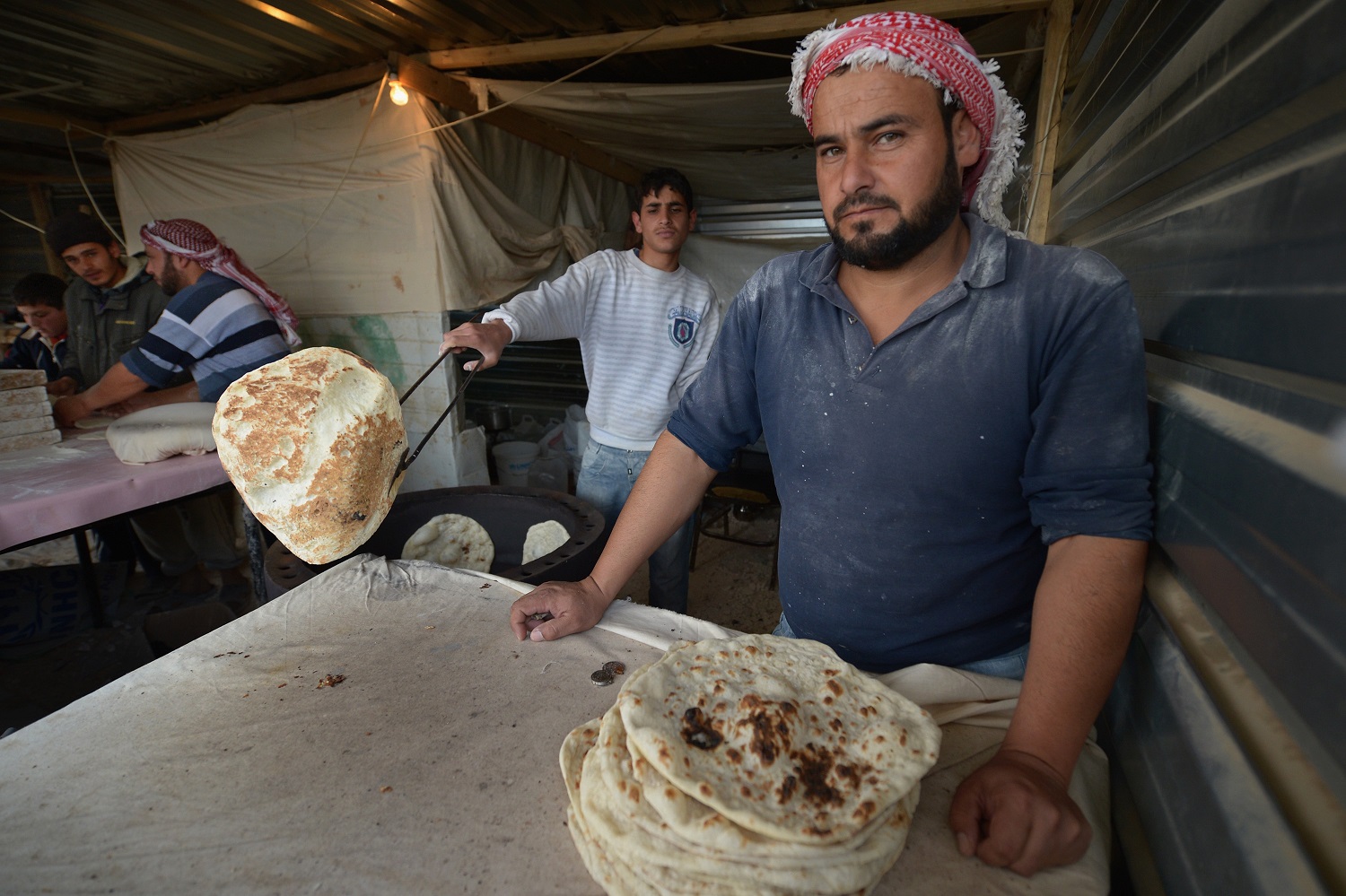
Mixing up the facts
The media conflates economic migrants and refugees, encouraging readers to make the association that refugees are necessarily from a certain nationality and that migrants come from certain countries. Both groups are ‘demonised’ and depicted through the prism of their demographic effect, in the labour market and on job opportunities, and the pressure they produce on infrastructure. Coverage of crime is the most prominent example. Headlines frequently say: A labourer of X nationality raped a woman, or a domestic worker from Y nationality killed their employer. Each nationality is dealt with based on editors’ imprecise assumptions regarding their legal status.
The voice of the victim is rarely heard in the media. Many journalists suffice themselves with the official narrative, preventing all opinions from being shown and excluding the possibility of documenting violations against those groups.
What we find in all of this is the fear of the foreign other, who “causes problems” and who “negatively affects the culture and habits of society.” This only increases the possibility that these groups will be socially ostracised and prevents them becoming integrated with the host society. And so the wheel of hate, first set turning by that news report, keeps on spinning.
Newsrooms have to make sure that their journalists and their editorial line complies with ethical and behavioural codes, and create mechanisms to ensure that stories are handled professionally and responsibly.
The positive aspects of refugees
Why does Arab media neglect to publish stories emphasising the positives of hosting refugees? According to Syrian journalist Bahia Mardini, governments are “avoiding discussing economic refugees, and their media arms are trying to associate refugee issues with politics.” Mardini notes that editorial lines play a role in exacerbating refugee issues. “Normally refugees are depicted as pariahs, lost, incapable of creating a life in another country,” she said.
Some editorial policies adopt the lines provided by governments, security apparatuses or conservative movements, creating media coverage that is hostile to refugees. Someone with a particular ideological orientation may see their presence as a threat to the values of society, and will thus necessarily skew their coverage to focus on the negative effects of their presence. Likewise, private media is often a prisoner of the owner’s agenda, which generally does not diverge from its government’s policies. Others simply engage in xenophobic populism to further their own economic interests, getting more adverts and thus more money.
*Picture: Muhammad Hamid – Reuters

